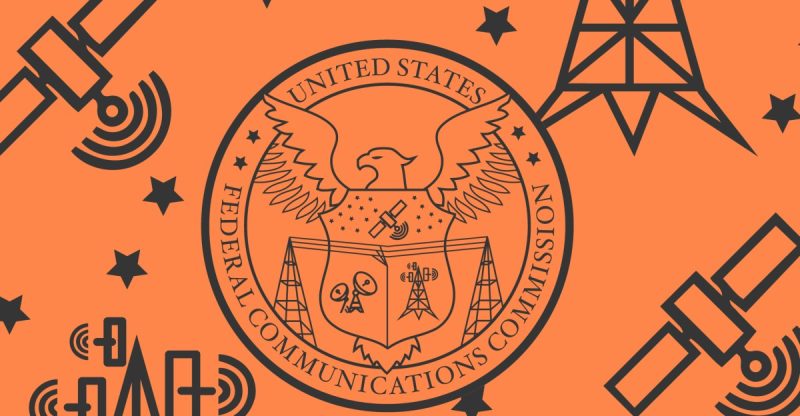
The Senate has confirmed Olivia Trusty as a member of the Federal Communications Commission (FCC), marking another step in the ongoing reshaping of the agency’s leadership under the current administration. This appointment has significant implications for the tech industry, potentially influencing everything from net neutrality to media ownership regulations. Trusty’s background and previous statements offer clues as to her likely approach to these crucial issues.
Trusty’s confirmation comes after a period of intense scrutiny and debate. Her nomination sparked considerable discussion among tech policy experts and advocacy groups, highlighting the high stakes involved in FCC appointments. Observers will be closely watching her actions on the commission, particularly given the agency’s broad mandate and influence on the digital landscape.
While specifics of her policy positions are still emerging, her past work and statements suggest a potential focus on certain key areas. These areas may include streamlining regulations to encourage innovation, promoting competition within the telecommunications sector, and addressing concerns around the spread of misinformation. However, the complexities of these issues and the diverse perspectives within the FCC itself mean her actual actions may differ from initial expectations.
The impact of Trusty’s appointment on various ongoing FCC initiatives remains to be seen. For example, her stance on net neutrality, a contentious issue that has seen significant political and public debate, will be closely monitored. Similarly, her views on media consolidation and the regulation of large technology companies will undoubtedly shape the direction of the agency’s work in these areas.
Ultimately, Trusty’s confirmation represents a significant development in the ongoing dialogue surrounding the intersection of technology and government regulation. Her tenure on the FCC will undoubtedly shape the future of communication and technology policy in the United States, and her actions will be carefully scrutinized by industry stakeholders, policymakers, and the public alike. The coming months and years will offer important insights into her priorities and their consequences for the tech industry and beyond.










